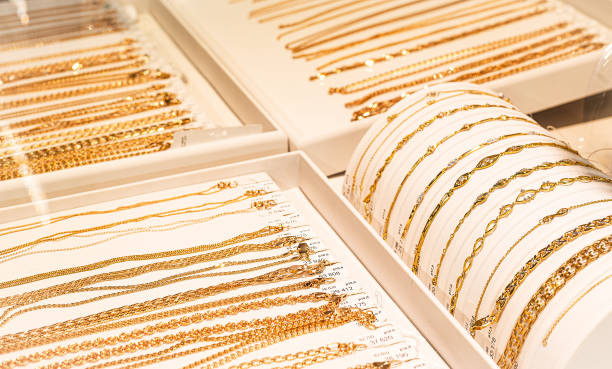
A of the main concerns in the jewelry sector is the environmental impact of gold extraction. Traditional mining methods can lead to deforestation, soil degradation, and water pollution. These practices not only damage the ecosystem but also affect local communities that rely on these natural resources. Gold buyers who focus on sustainable procurement can help reduce these adverse effects. By selecting to partner with suppliers who use eco-friendly mining techniques or repurposed gold, they can encourage a more sustainable approach to jewelry manufacturing. This change can lead to a healthier planet and improved living conditions for populations engaged in gold mining.
In with to ecological concerns, ethical issues surrounding workforce conditions in the gold extraction industry are also significant. Many gold operations function in areas where laborers face hazardous conditions, low wages, and abuse. Gold purchasers can affect these practices by supporting companies that adhere to just labor practices. By selecting to purchase gold from suppliers who ensure safe labor environments and equitable pay, gold buyers can help protect the interests of laborers. This dedication to ethical labor practices not only benefits the workers but also enhances the reputation of the jewelry sector as a collective.
Buyer education is another vital aspect of promoting sustainable jewelry methods. Gold purchasers can take an important role in informing consumers about the importance of ethical procurement. By providing clear information about where and how gold is obtained, buyers can assist buyers take more informed decisions. This transparency allows consumers to understand the impact of their acquisitions and motivates them to support brands that prioritize sustainability. As more consumers seek responsible jewelry, companies will be incentivized to embrace sustainable methods, establishing a positive cycle of change gold buying process explained in the sector.
Finally, the influence of gold buyers extends beyond single acquisitions. By promoting for sustainable methods within the sector, they can assist form policies and guidelines that encourage ethical procurement. Collaborating with organizations that focus on responsible mining and equitable trade can enhance their influence. When gold purchasers collaborate in unison with these groups, they can establish a more powerful advocacy for transformation, encouraging the whole jewelry sector to embrace more sustainable practices. This collective effort can lead to a more ethical and environmentally friendly jewelry market, benefiting both consumers and the planet.